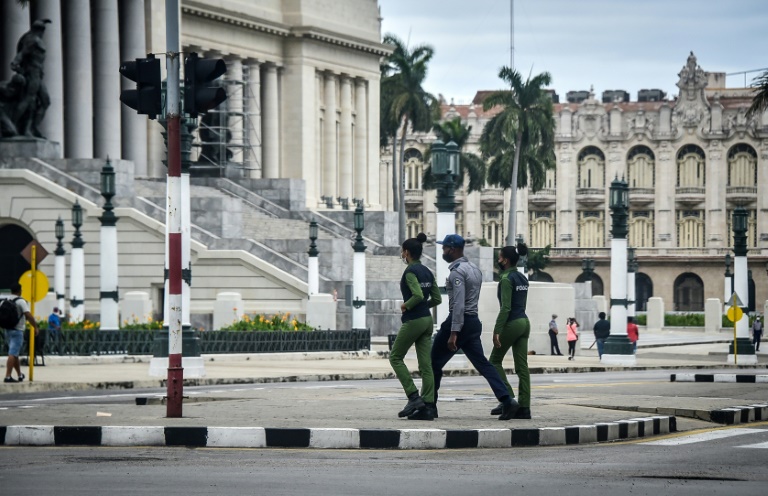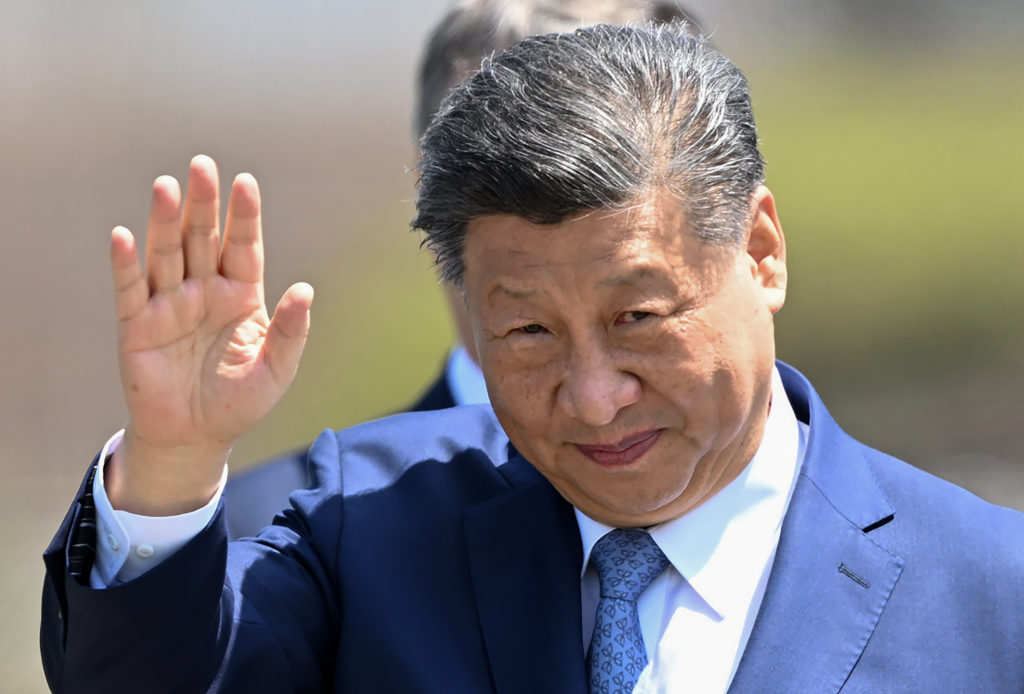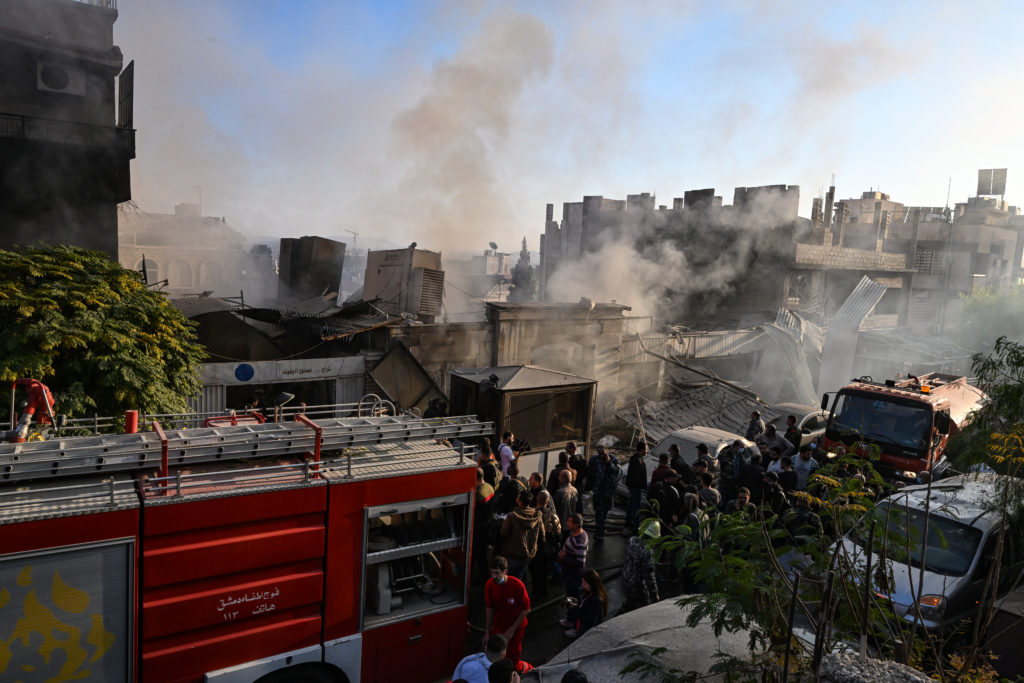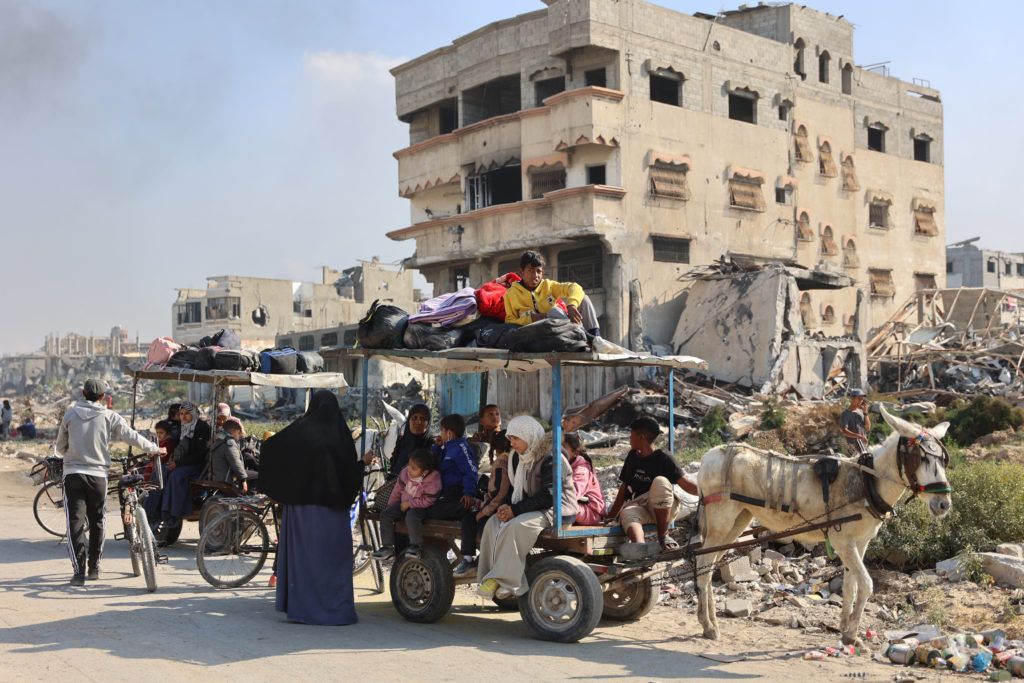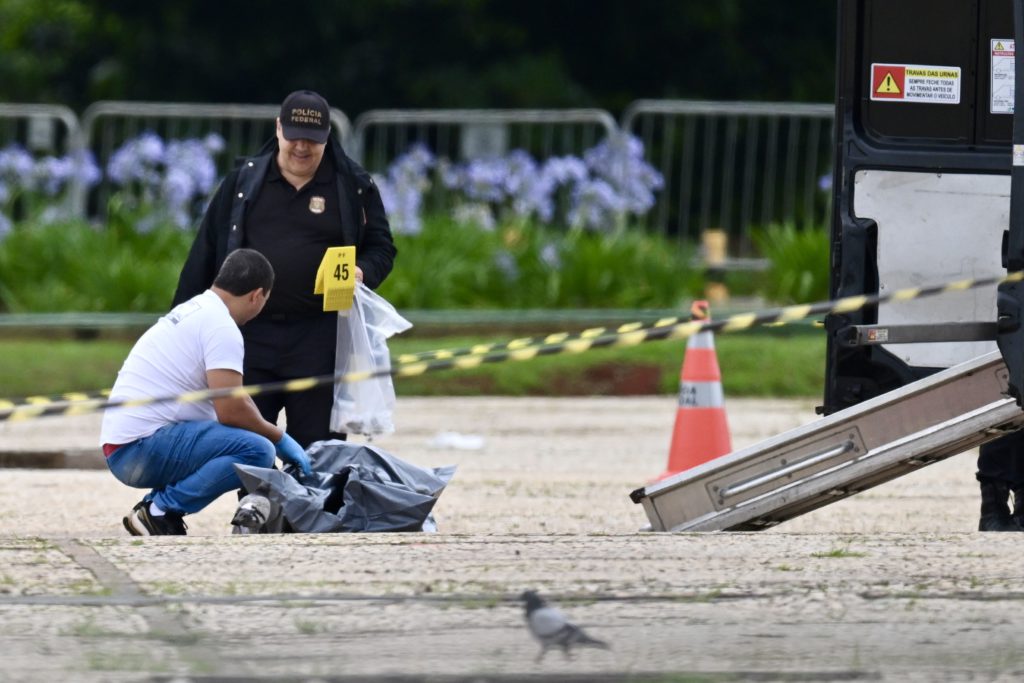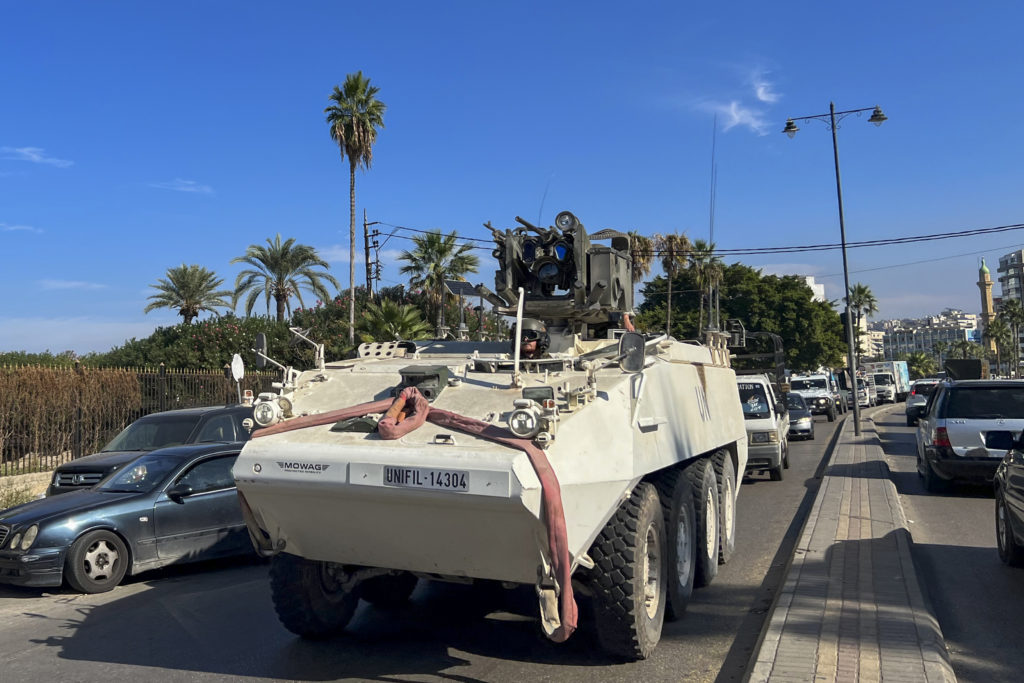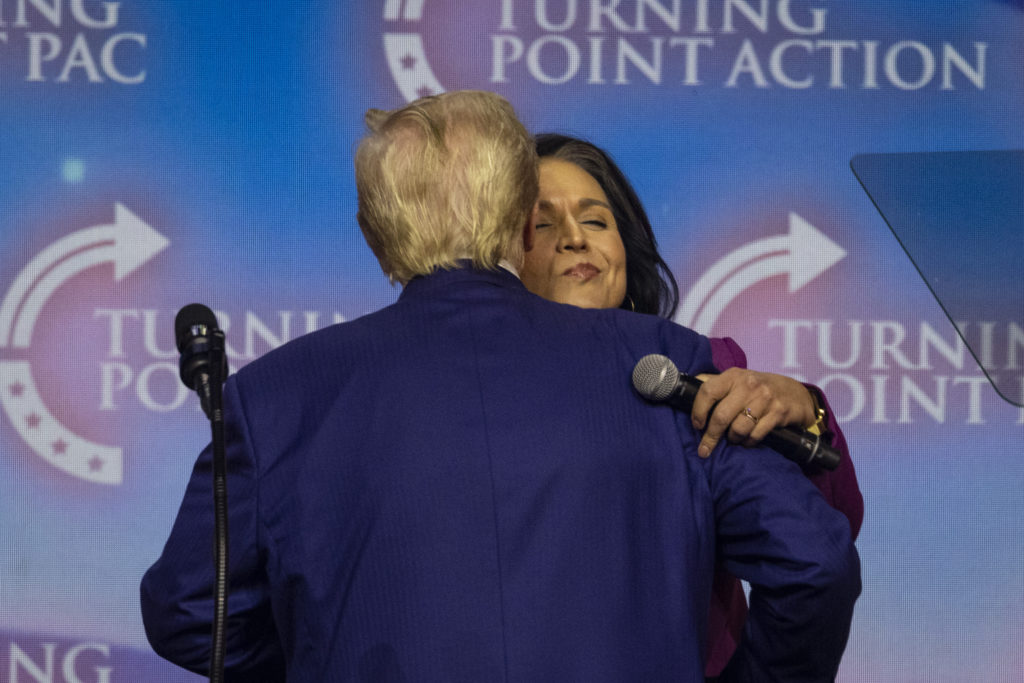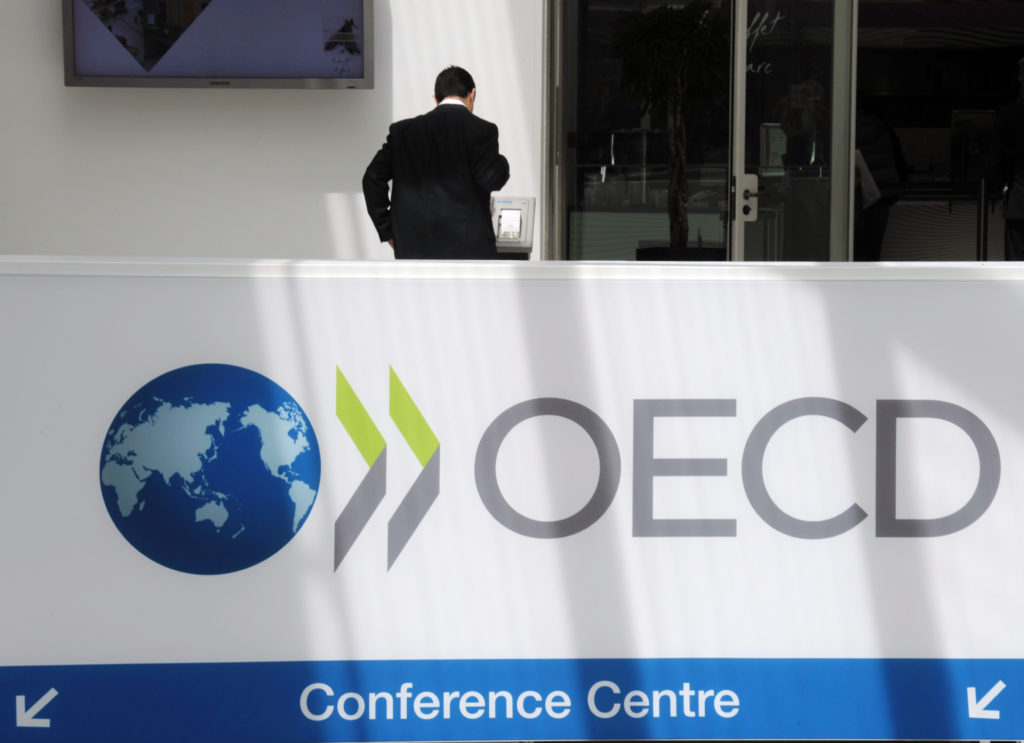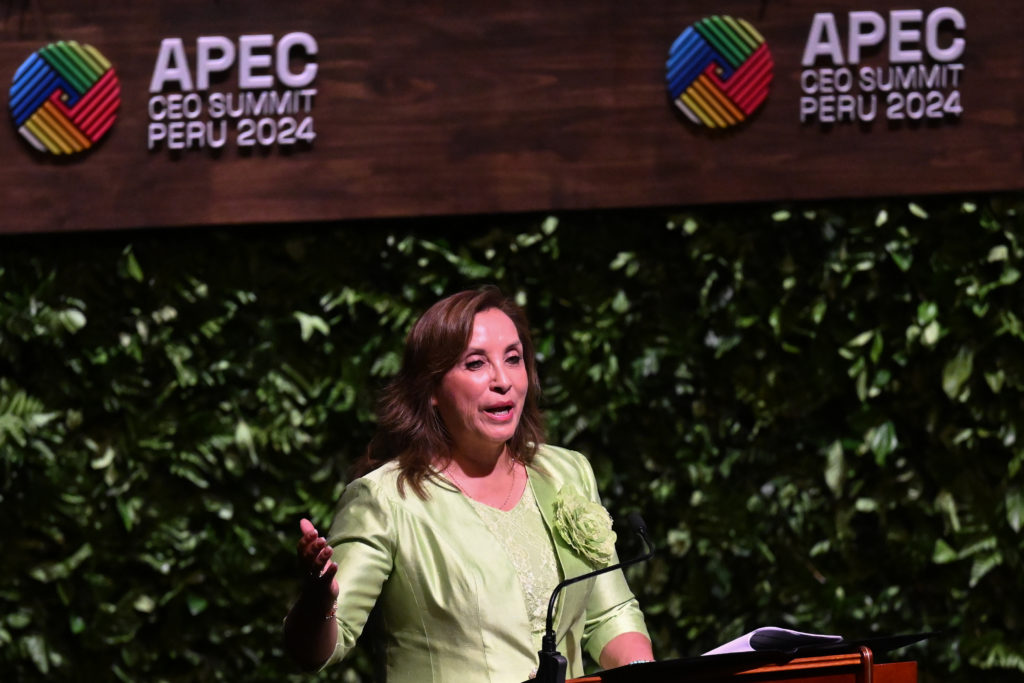Cuban police deployed in large numbers on the streets of Havana Monday ahead of a rally the opposition has vowed to hold despite it being banned by the one-party state.
Along the city’s seaside esplanade, armed police in uniform gathered on nearly every corner, while others in civilian dress patrolled the city’s squares and parks.
Cuba’s opposition has said the “15N” (November 15) gathering would go ahead in the face of the official ban, and the risk of criminal prosecution with hundreds still in jail after earlier protests that were put down by the armed forces.
The government claims protest organizers are seeking regime change with the backing of the United States, which maintains sanctions against the communist island.
Calls to join the demonstration in Havana and six provinces were disseminated on social media as organizers seek to highlight the detention of hundreds of people jailed after demonstrations in July in a country where displays of public discontent are rare, and risky.
The spontaneous July rallies, fueled by growing anger at economic hardship and growing demands for “freedom,” left one person dead, dozens of injured and 1,270 arrested as the authorities clamped down.
More than 650 are still in jail, according to rights group Cubalex.
Under the banner of a group named Archipelago, protesters have been called to take to the streets at 3:00 pm local time (2000 GMT) Monday, dressed in white, to press home demands for improved human rights and democracy.
The group, founded by Yunior Garcia, claims to have some 30,000 members inside and outside Cuba.
Garcia saw his plans to protest in Havana solo on Sunday blocked by the authorities, and was on Monday still being prevented from leaving his house by state security agents, an AFP journalist witnessed.
Several other opposition figures and independent journalists have claimed they were being restricted to their homes.
– ‘Defend the revolution’ –
The showdown came as children returned to school Monday after months of closure due to the coronavirus outbreak, and coincided with the arrival of the first tourists — a mainstay of Cuba’s economy — after the reopening of borders.
“This is how Cuba dawns on November 15, with more than 700,000 pioneers in the classrooms; receiving friends, family and tourists; relaunching productive activity; decreasing COVID cases,” President Miguel Diaz-Canel tweeted on Monday, without mentioning the protest.
On Friday, Diaz-Canel had warned that his supporters were “ready to defend the revolution” in the face of “an imperial strategy (of the United States) to try to destroy the revolution.”
Cuban officials, who deny holding political prisoners, consider the opposition to be illegitimate and allege it is financed by Washington.
On Sunday, the United States urged Cuban authorities to lift the protest ban.
“We call on the Cuban government to respect Cubans’ rights, by allowing them to peacefully assemble and use their voices without fear of government reprisal or violence, and by keeping Internet and telecommunication lines open for the free exchange of information,” Secretary of State Antony Blinken said.
France added its voice to the protest, urging Cuba to “respect the right of its citizens to protest” and expressing concern at the unfolding situation.
In an open letter published Sunday, dozens of Cuban and foreign NGOs denounced “the wave of repression that has intensified against the organizers of the protest and citizens who identify with the movement.”
According to independent Cuban media, prosecutors have been requesting sentences of up to 30 years for some of the protestors arrested in July.
Cuba is experiencing its worst economic crisis since 1993, aggravated by the coronavirus pandemic and sanctions tightened under former US president Donald Trump.
Incumbent Joe Biden had promised during his election campaign to reverse certain of his predecessor’s punitive actions against Cuba, in return for human rights reforms.
But after the government clampdown on protests, the United States announced further sanctions for alleged rights abuses.
Cuban authorities have been accused by rights watchdogs of regular abuses, including arbitrary detention of dissidents, unfair trials and infringements of freedom of speech and assembly.

